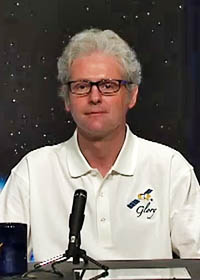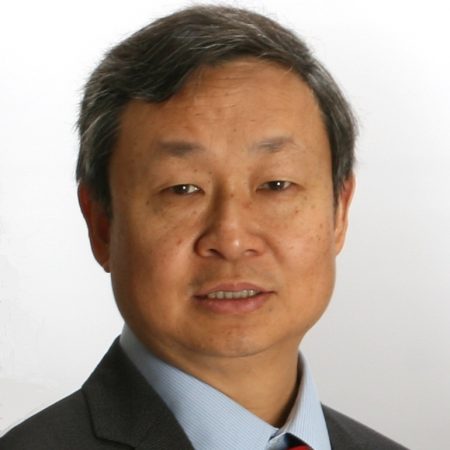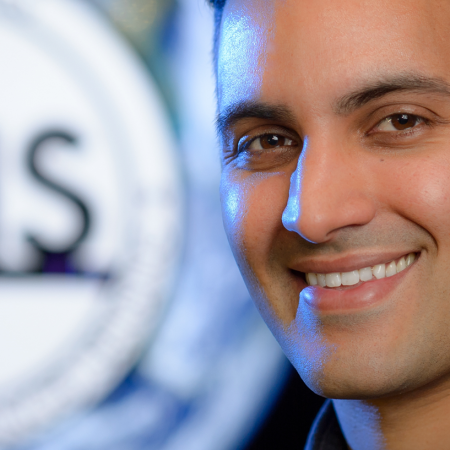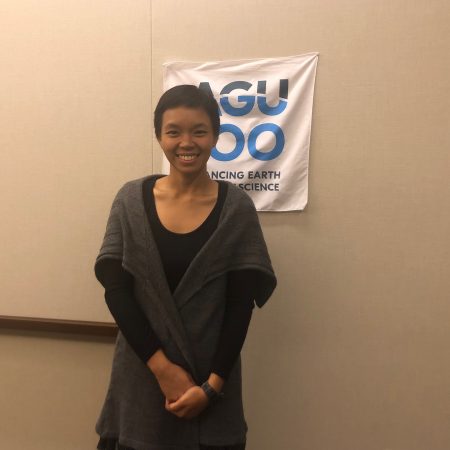Refine
Date Range Clear
Recorded by Clear
Keywords Clear
Partnerships Clear
- No matching terms.
Organizations Clear
- American Geophysical Union 68
- NASA 18
- National Aeronautics and Space Administration 9
- The American Geophysical Union 5
- American Geopysical Union 4
- 14 more
Places Clear
- AGU 2018 Fall Meeting 168
- Washington DC 165
- AGU 2019 Fall Meeting 22
- San Francisco 21
- AGU 2017 Fall Meeting 5
- 11 more
Languages Clear
Initiatives Clear
- No matching terms.
Padma Yanamandra-Fisher, a research scientist at the Space Science Institute, shares stories of her career in planetary science. She recounts how defining the launch of Voyager was and the significance of the growth in the field since. Padma shares her...
Denis-Didier Rousseau, Senior Research Scientist at Centre National de la Recherche Scientifique, and Fall Meeting Program Committee Chair shares how at six years old he set the goal to be a paleontologist. He discusses how that has shaped his life...
Krystal Yhap’s interest in urban water resource management was sparked by the conversations around water safety in Flint, MI. She’s now a graduate assistant at the University of Maryland studying the water system in San Francisco. She talks about her...
Ross Stein is CEO and Co-Founder of Temblor, Inc., Adjunct Professor at Stanford University, a scientist at the Unites States Geological Survey, creator of films about earthquake science, and president of the AGU’s tectonic physics section. In this interview, Margarete...
Catherine McCammon, staff scientist at Bayerisches Geoinstitut, University of Bayreuth, Germany and longtime AGU volunteer discusses collaboration and explains how she has found that the “the whole is great than the sum of its parts,” is truly an accurate statement....
Nicholeen Viall is a research astrophysicist at NASA's Goddard Space Flight Center, with her research focus being the sun and solar wind. Listen to Dr. Viall talk about her start in space science, her greatest accomplishment, and her hopes for...
It took 21 years for Trevor McDougall to leave Australia, but when he did, he was on a plane headed to the University of Cambridge and a masters and Ph.D. in Oceanography. Besides the life-changing event of going from one...
Ingrid Hendy, Professor at the University of Michigan and section president-elect, shares stories about discoveries in her field and the challenges she faced. She reflected on the curious zebra striped sediment that lured her into her field – mud she...
How did Biogeoscience become a recognized field of study, with its own journal and sections at AGU? What obstacles did its organizers have to overcome in order to make it a viable field and a welcome presence at AGU? In...
Seismologist Lucy Jones gained recognition for doing a TV interview following the 1992 Joshua Tree earthquake while holding her sleeping infant son. Long before that, she became one of the first American scientists to enter China after it’s normalization in...
Erin Robinson is the Executive Director of the Earth Science Information Partners (ESIP). She knew from early on that she was interested in science and her field of remote sensing, from good science teachers in middle and high school to...
The next time you see a young kid skateboarding through the neighborhood, possibly listening to punk rock on their earbuds, remember that one day that kid could be your local science professor. Doug Jerolmack’s sturdy voice and love of experimenting...
The start of a fruitful career for Richard Eckman was being on a team which discovered that the stratosphere and ozone varied in relation to the sun’s 27-day rotation. Eckman, who now works with NASA’s Atmospheric Composition Modeling and Analysis...
Delia Santiago-Materese is a program scientist at the NASA’s Planetary Space Division in Washington, D.C., where she helps facilitate science and works with the community to make decisions about where NASA’s scientists should be exploring next. She spends her days...
Sandra Cauffman was told growing up in Costa Rica that she couldn’t be an electrical engineer because she was a woman. Decades into a career which has largely involved getting her hands dirty building instruments to fix on spacecraft, the...
Glenn Orton is so deep in Jupiter mission information that he gets envious when he’s not involved in a space project studying the gas giant. The senior research scientist at the NASA Jet Propulsion Laboratory studies the composition and structure...
Meet Eric Lindstrom, a former Physicial Oceanographer for NASA who now works with Saildrone, Inc to map the ocean floor. Eric spent his first day at the beach when he was 3 days old and has been fascinated with marine...
David Young, Director of Science at NASA Langley Research Center, discusses his life's work studying the earth's climate. After an early interest in astrophysics, he focused in on earth science due to his desire to do research to help humans....
Miguel Román, a Physical researcher Scientist at NASA's Goddard Space Flight Center, shares his journey from his childhood in San Juan, Puerto Rico to NASA. Seeing the impacts of hurricanes and urban growth where he grew up, and the practical...
Michael Freilich, Director of NASA's Earth Science Division, shares about his life studying the oceans and Earth as a system. While still in his high school's oceanography club, he started exploring a question about how waves move that later became...
Brian Cairns works for the NASA Goddard Institute for space studies in New York, where he focuses on developing instruments that will make better measurements of small particles in space. In this interview Dr. Cairns discusses his start in engineering,...
Meet Xubin Zeng, a professor of atmospheric science at the University of Arizona. Dr. Zeng was amazed by the power of mathematics at a young age and found his calling in physics. Listen to Dr. Zeng discuss what inspires him,...
Dr. Ved Chirayath is the director of the Laboratory for Advanced Sensing (LAS) in the Earth Science Division at NASA Ames Silicon Valley. There, he develops and invents new instruments for NASA missions on Earth and in space, with much of his current work focusing on creating technology that will increase our...
While many of the interviews at the conference were with experienced professionals with a career spanning several decades, this interview is with a young up-and-coming PhD student who traveled all the way from the Philippines to attend her first AGU...
As a child, Luke Oman was always looking out the window. Today, he works on atmospheric processing for NASA. How do volcanic eruptions affect everyday life? What happens when sulfur dioxide gases from volcanoes interact with sulfate aerosol and stay...
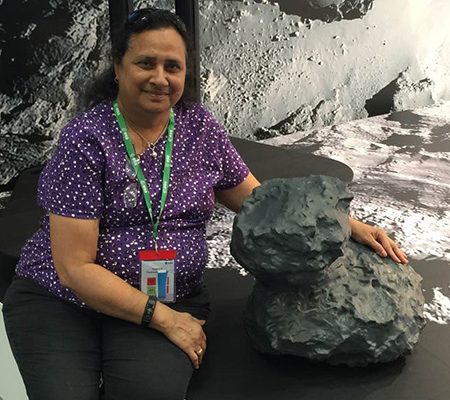
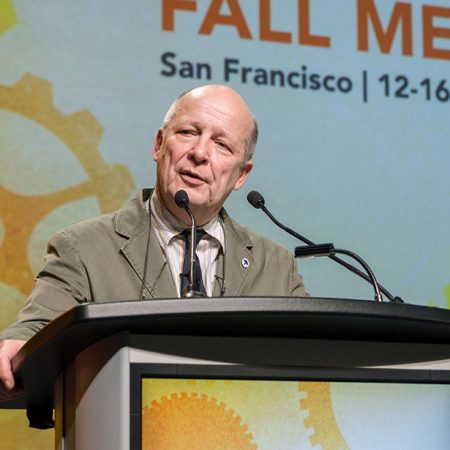
![“I'd love to see more collaboration happen and [it is] integral in terms of science working in the future.” An interview with Krystal Yhap](https://archive.storycorps.org/uploads/2019/07/Headshot-KYhap-450x450.jpg)
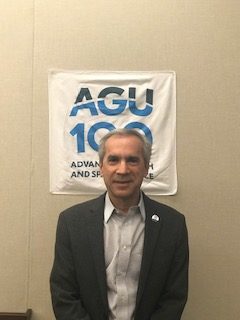
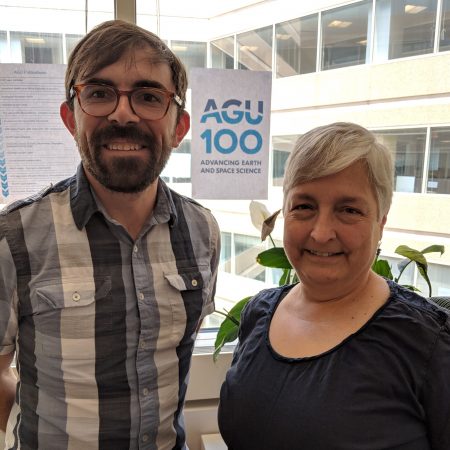
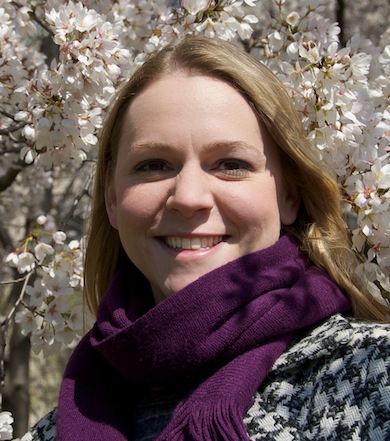
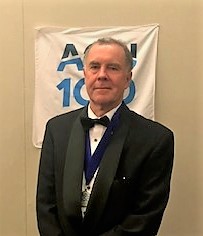
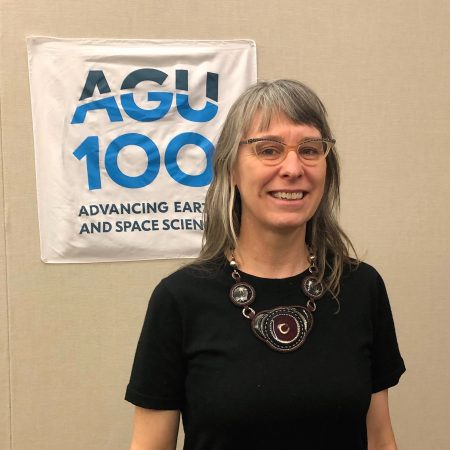

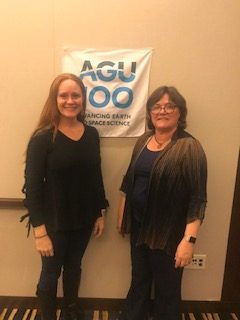

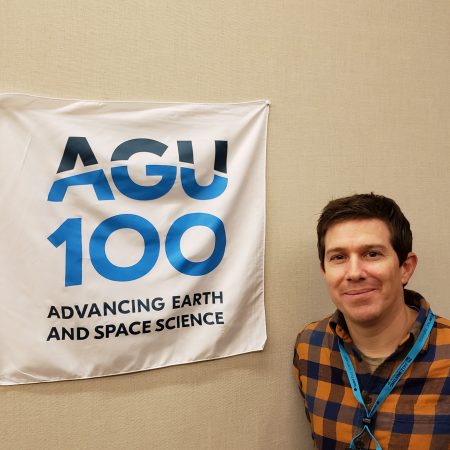

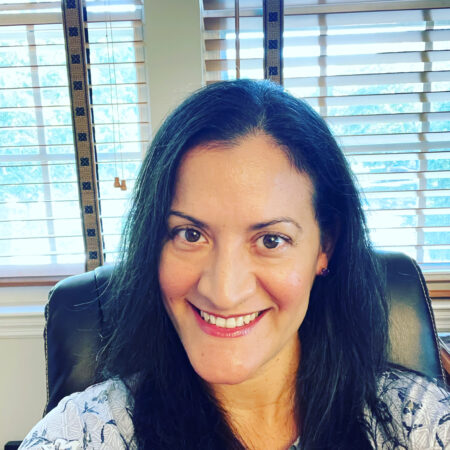


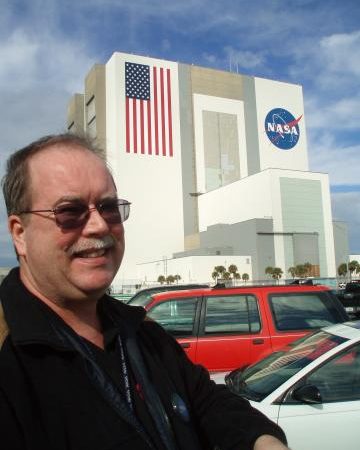


!["I joined an Oceanography club & actually asked the question that ended up [being] my thesis." an interview with Michael Freilich](https://archive.storycorps.org/uploads/2019/02/181212_Freilich-450x450.jpg)
